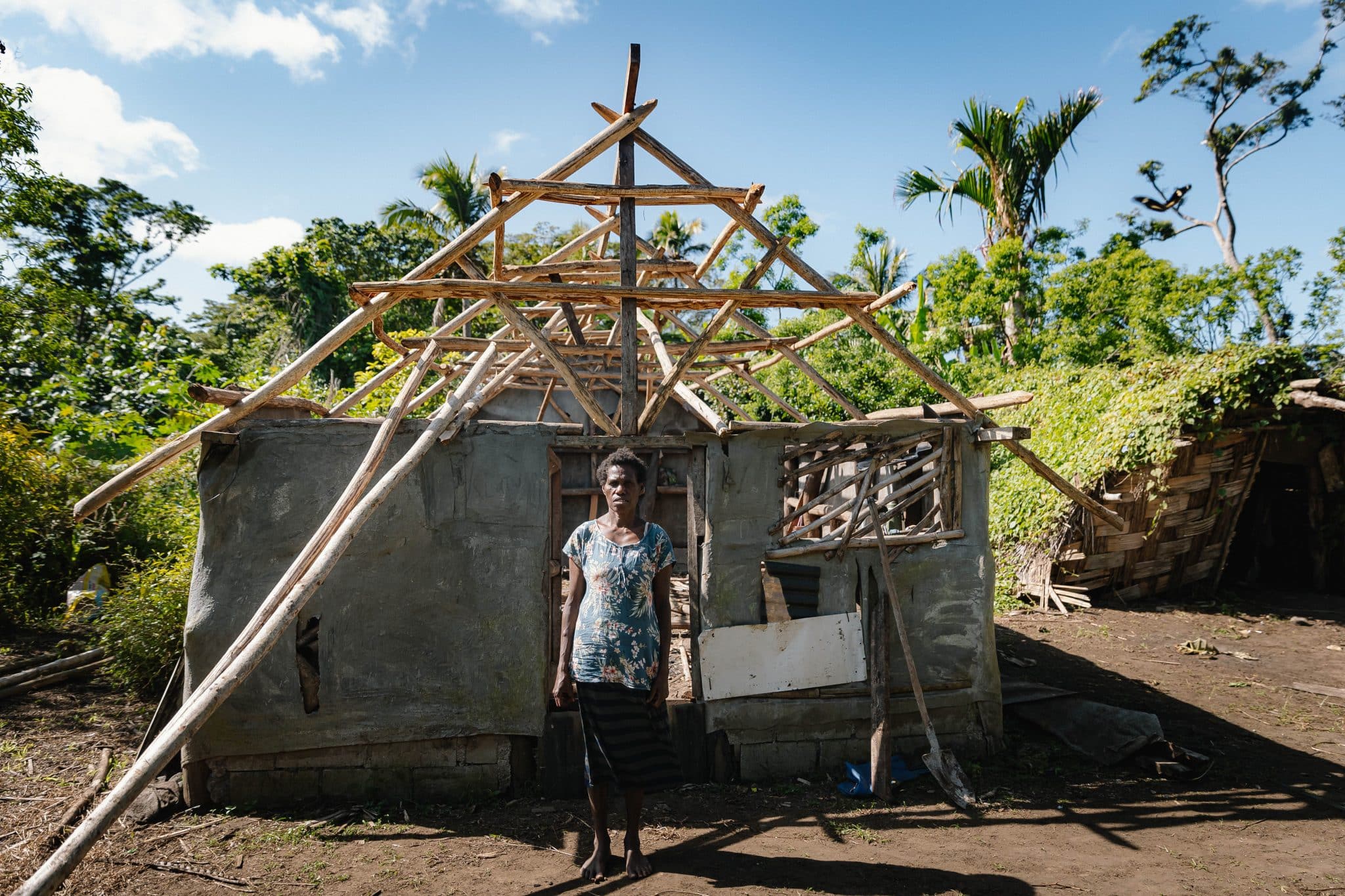It may seem like an island paradise on the outside but climate change, social inequality, and under-development are ever-present threats to Vanuatu.
Three-quarters of Vanuatu’s population lives in rural areas and on remote islands. Many lack access to clean water sources, basic sanitation, and essential health services. Families are also very vulnerable to natural disasters that are increasingly common in the Pacific region. Despite a growing economy, income opportunities are often limited, particularly for women. Violence against women and girls is also a serious problem in Vanuatu, and women are very under-represented in the community, provincial and national decision making.
CARE has been in Vanuatu since 2008, working with communities to build resilience to disasters and climate change shocks and increase women and girls’ involvement in community and national leadership.
In March 2023, Tropical Cyclones Judy and Kevin left a wake of destruction in Vanuatu – initial reports estimate 80 per cent of the population were affected by the cyclones which brought floods, landslides and extreme winds. Thousands have been forced from their homes and roads, buildings and crops have been destroyed.
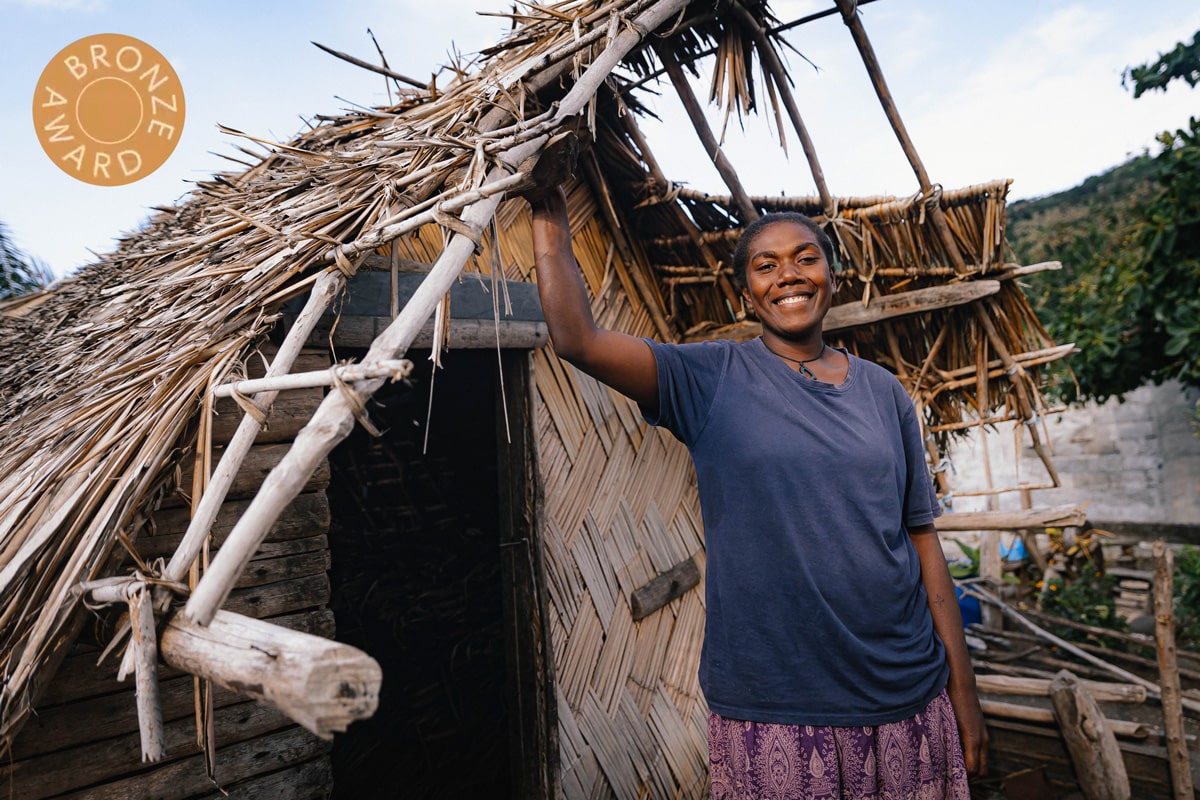
Bronze World Habitat Award
CARE Vanuatu has received a Bronze World Habitat Award for its “Safer Housing in Vanuatu through Gender Agency and Local Leadership” initiative. Organised by World Habitat in partnership with UN-Habitat, the awards honour solutions that advance sustainable, resilient, and equitable housing worldwide.
This recognition underscores CARE’s broader commitment to climate resilience, gender equality, and equitable disaster funding, and highlights how locally led, women-centred approaches can deliver sustainable housing solutions in disaster-prone areas.
More information: CARE Vanuatu for Build Back Safer – World Habitat
Building resilience to disasters and climate shocks
Natural disasters such as earthquakes, tsunamis, and cyclones are regular events in Vanuatu – often with devastating consequences. In fact, Vanuatu has been ranked the country most at risk of natural disaster for five consecutive years.
CARE is working to help communities in Vanuatu by establishing and training local disaster committees. This includes running disaster simulations, providing First Aid training, and trialing new disease-resistant crop varieties. CARE also provides disaster training for local authorities, so women’s skills and needs are recognised during a disaster.


Empowering women and girls
Women and girls in Vanuatu experience significant disadvantage. They are excluded from making decisions and leadership at all levels, they live with poor health, they reach lower education levels than men, and they face widespread violence. At least 60% of women in Vanuatu have experienced physical or sexual violence from their partners.
CARE works to build the aspirations and skills of women and girls, change the power relationships that affect their lives, and transform communities to support equality. CARE’s Young Women’s Leadership program is equipping young women to advocate for equality in their spheres of influence.
CARE also involves men and boys throughout our program activities, as we know change can only happen when whole communities are working to break down stereotypes and challenge social norms.
Ensuring women’s voices are heard
Vanuatu faces extreme vulnerability to disasters and climate change.
Women are more vulnerable in times of climate-driven disaster. This is why their engagement and leadership is critical during times of crisis, to speak and act on behalf of those most impacted.
CARE’s work in Disaster Risk Reduction (DRR) ensures women’s voices are heard to help drive a more effective response that considers all members of the community. We also recognise the importance of supporting programs that will lead to long-term resilience and adaptability in the face of these disasters.
Our Village Savings and Loans Associations (VSLAs) are self-managed groups in communities that save their money in a safe space, access small loans, and obtain emergency insurance. This has helped women to build their businesses or alternative ways of making a living and enabled them to better provide for their families, invest in their children’s education and absorb the impact of disasters.
The Leftemap Famili Tugeta Project selected business champions to be part of a six-month Entrepreneurship Program, from its existing and current Village Savings and Loan Associations (VSLA) program in southeast, east and central Tanna Island in southern Vanuatu.

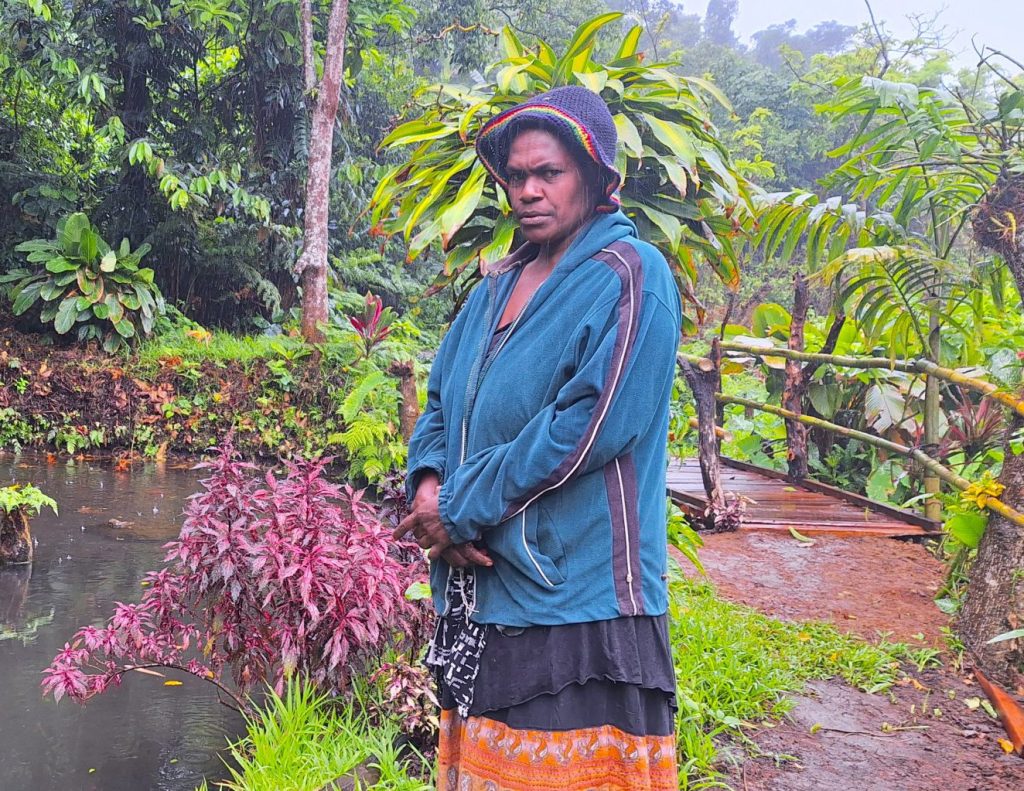
Meet Grace
Grace Nawata James was one of the successful business champions selected for the program from central Tanna.
For the last few years, Grace has been running a Tilapia Fish Farm and a grocery store — despite having very little knowledge of business operations, no support, and no formal business training.
“After participating in the program, I now know many things about business that I did not before. It has helped me draw up a simple business plan focusing on business goals and future plans. It also helped me make some changes on how I have been managing my fish farm and how I manage money earned from the grocery store,” says Grace.
Since attending the entrepreneurship program, Grace has also improved the recording of her business activities.
“The training and coaching have helped me to rethink and manage things better. It is a unique business, which can help us sustain and improve our family living standards,” explains Grace.
The entrepreneurship program has encouraged Grace and her family to set up more fishponds and they aim to develop the fish farm into an agritourism business.
“We are improving the infrastructure to build better ponds and improve access to the fish farm,” says Grace.
As part of the program, CARE in Vanuatu provided Grace with a chainsaw, hammer, and a knife to help her improve the infrastructure of her fish farm.
Grace said with the tools, her family was able to build bridges connecting the fishponds making it more accessible to her family and visitors.
“The training, coaching and materials provided will help us grow our business and I can see changes happening in our family business. This program has helped me and my family a lot.”
The Leftemap Famili Tugeta Project delivered by CARE International in Vanuatu is supported by the Australian Government through the Australian NGO Cooperation Program (ANCP).
Improving health services
As most of the population lives in rural areas, many people in Vanuatu do not have safe water sources or sanitation facilities like toilets and clean water taps.
CARE has been working with communities to improve access to water and sanitation facilities. Our water, sanitation and hygiene program rehabilitate community water systems and helps communities with drinking water planning. We also construct toilets and run hygiene and sanitation training in schools, with a special focus on menstrual hygiene management for girls.
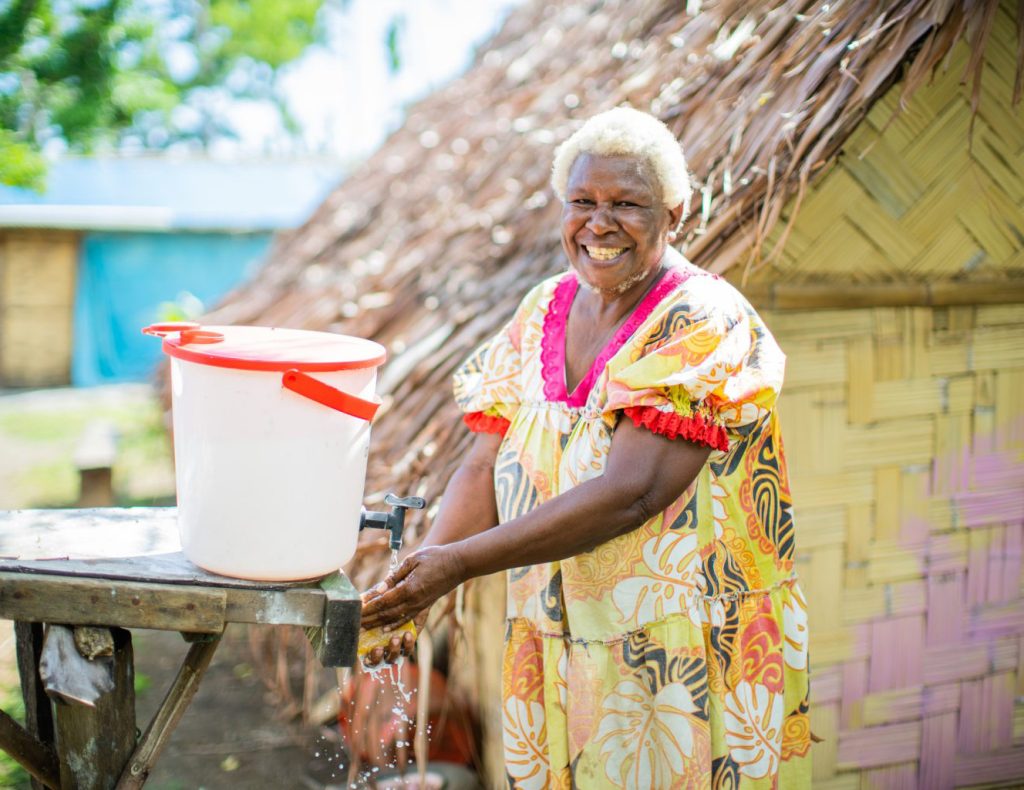
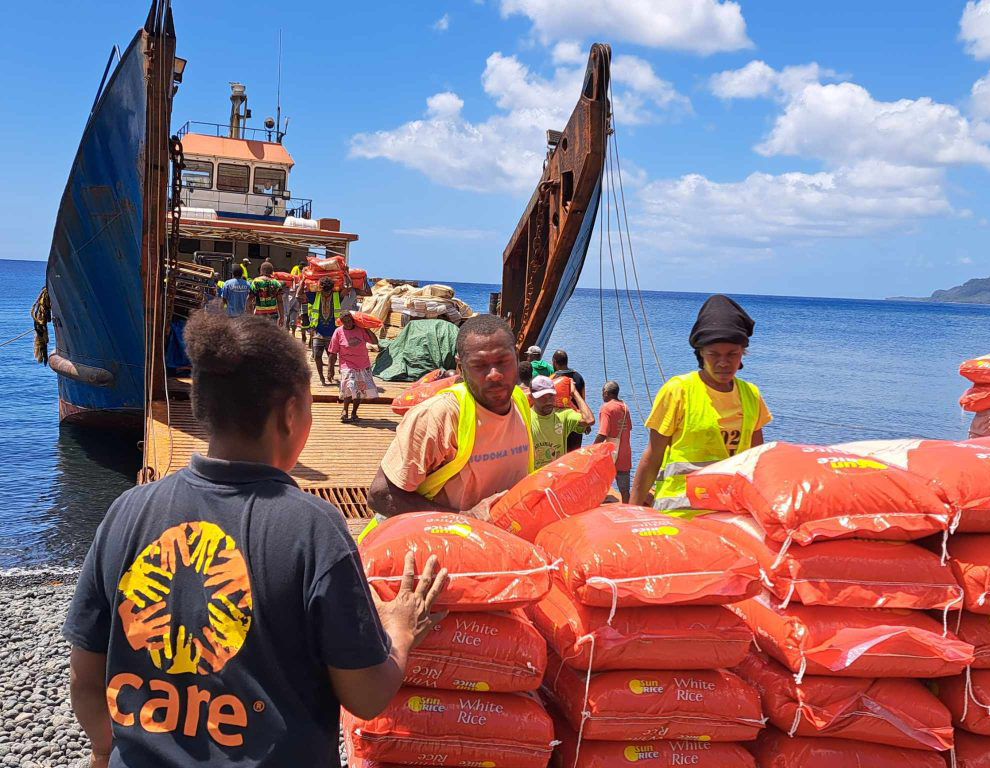
Leaving no community behind
Vanuatu is full of diverse communities with unique cultural heritage, kastom, and history. Our programs are culturally respectful and adapted to honour each community’s unique context.
CARE takes steps to ensure our programs include people from all social groups and we work through existing systems to maximise impact for communities. Our monitoring and needs assessment consider diverse factors such as age, disability, location, household type, education level and whether people are men, women, girls or boys. Our programs are tailored to meet the specific needs of different groups within the community, and we collaborate with CDCCCs, Area Councils, and Provincial and National government departments to ensure our programs resonate across entire communities.
Delivering support in Vanuatu’s remote islands is a significant undertaking due to the long distances, rugged terrain, and limited transport options. In emergency responses, communications outages can add to the challenging physical environment. CARE is committed to reaching remote, underserved communities and ensuring no one is left behind.
“The past [disaster] experiences didn’t reach us living in the coastal areas, only those living inland that have access to road. But for this experience no one was left behind and [it was] the first of its kind. CARE did manage to reach our doorstep.” Women’s Leader, North Tanna, Vanuatu.
Communications and Community Engagement
Preparing and responding to disasters in Vanuatu:
• Handbook – Summary Document
• Handbook – Full version
When Tropical Cyclone Harold came, it destroyed everything in South Pentecost, Vanuatu. Watch how CARE worked with communities to repair and rebuild their homes:
Donate now
Support our ongoing work to create a more equal world.
Your donation can help end extreme poverty and give people the means to build a better future for themselves in countries like Vanuatu.
For those living in extreme poverty, your support brings education and training, healthcare and clean water, nutritious food, and new ways to earn an income. And in times of crisis, you help us deliver emergency relief. Please donate today.
The on-going work we do in Vanuatu is in partnership with these local organisations: SISTA, Vanuatu Society for People with Disabilities, Vanuatu Department of Women’s Affairs, National Disaster Management Office, Vanuatu Department of Agriculture and Rural Development, Tafea Provincial Government Council, Vanuatu Women’s Center, Tafea Counselling Center, Wan Smol Bag, Vanuatu Council of Churches, NASITUAN, Vanuatu Department Of Livestock.
The work we do in Vanuatu also receives support from the Australian Government through the Australian NGO Cooperation Program (ANCP).
